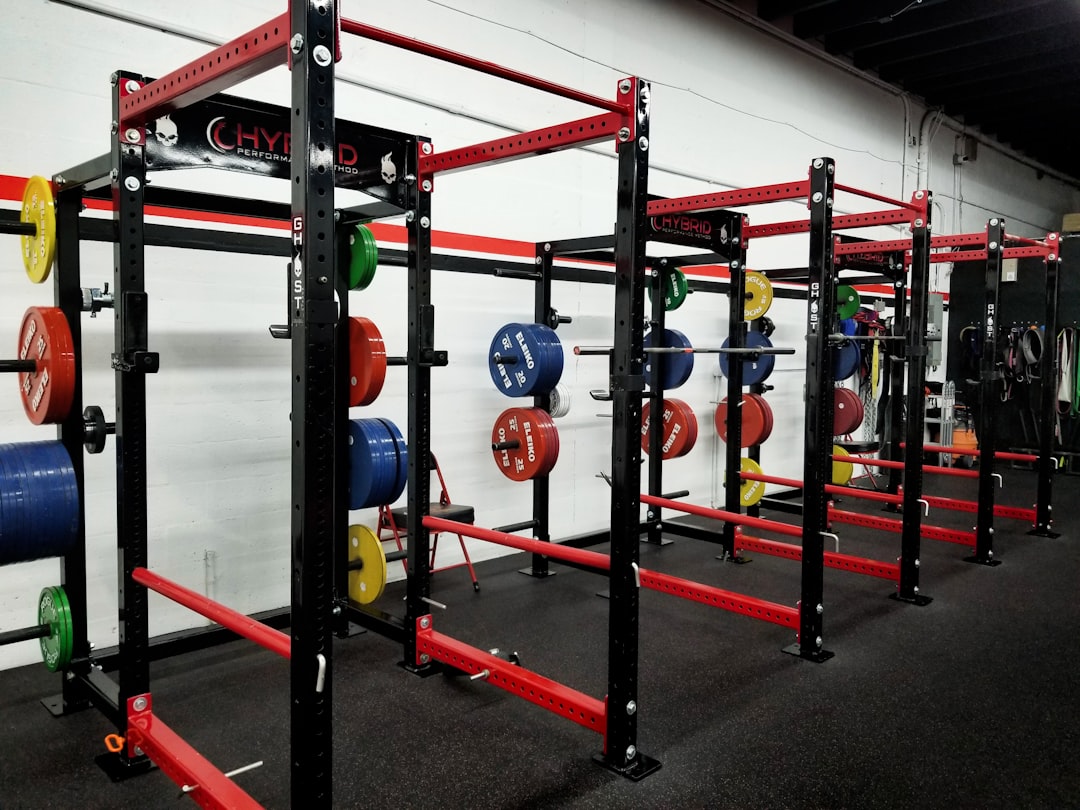In the highly competitive realm of American sports, athletes are constantly pushing the boundaries of physical performance. Whether it’s on the football field, in the gym, or on the track, strength and recovery are two of the most crucial elements that determine athletic success. This has led to a growing focus on sports supplements designed to optimize both. When incorporated with a proper diet and training routine, the right sports supplements can significantly enhance strength, reduce fatigue, and accelerate recovery.
Top Sports Supplements for Strength and Recovery
Not all supplements are created equal, and for an athlete to perform at their peak, choosing evidence-backed and effective products is essential. Below are some of the top sports supplements that American athletes rely on for improved strength and faster recovery.
1. Creatine Monohydrate
Creatine is one of the most researched and widely used supplements for increasing muscle strength and size. It helps regenerate ATP, the primary energy currency of the cell, allowing for more intense training sessions.
- Effectiveness: Proven to boost performance in high-intensity, short-duration exercises like sprinting and weightlifting.
- Dosage: Typically 3-5 grams per day.
- Form: Best taken in monohydrate form for purity and absorption.

2. Whey Protein
Recovery begins with muscle repair, and protein is essential for this. Whey protein offers a fast-digesting, high-quality source of protein that helps rebuild muscle fibers post-workout.
- Effectiveness: Supports muscle hypertrophy and reduces recovery time.
- Dosage: 20-30 grams within 30 minutes after workout.
- Types: Isolate (low carbs and fat) or concentrate (more nutrients).
3. Branched-Chain Amino Acids (BCAAs)
BCAAs are essential amino acids—leucine, isoleucine, and valine—that aid in muscle recovery and reduce exercise-induced soreness. They are rapidly metabolized in muscle tissue and can enhance endurance by postponing fatigue.
- Effectiveness: Helps prevent muscle breakdown during prolonged activity.
- Dosage: 5-10 grams before or during workouts.

4. Beta-Alanine
Beta-alanine helps increase carnosine levels in muscles, which buffers acid buildup and delays muscle fatigue. It’s especially useful for athletes involved in high-intensity, repeated bouts of activity.
- Effectiveness: Improves muscular endurance and high-intensity performance.
- Dosage: 2-5 grams daily, may cause tingling (harmless paresthesia).
5. Omega-3 Fatty Acids
While not traditionally categorized as a sports supplement, omega-3s from fish oil can significantly reduce inflammation, facilitate joint health, and support post-exercise recovery.
- Effectiveness: Enhances recovery and reduces muscle soreness.
- Dosage: 1-3 grams of combined EPA and DHA per day.
6. Magnesium and Electrolytes
Electrolytes play a pivotal role in muscle contraction and hydration. Magnesium, in particular, supports neuromuscular function and energy production, aiding both performance and recovery.
- Effectiveness: Reduces cramps, supports sleep and recovery.
- Sources: Can be found in powders, capsules, or in combination with hydration drinks.
7. Glutamine
L-glutamine is the most abundant amino acid in muscles and can be depleted during prolonged exercise. Supplementing with glutamine helps support the immune system and promotes muscle repair.
- Effectiveness: Reduces stress on the body and shortens recovery time.
- Dosage: 5 grams post-exercise or before bed.
Conclusion
For American athletes striving to enhance strength and speed up recovery times, supplementation can offer a vital edge. However, it’s essential to remember that supplements work best in conjunction with a balanced diet, sufficient sleep, and disciplined training. Always consult with a healthcare provider or sports nutritionist before starting any new supplement protocol to ensure it aligns with individual goals and health considerations.
Frequently Asked Questions (FAQ)
- Q: Are sports supplements necessary for all athletes?
A: Not necessarily. Supplements can help fill nutritional gaps or enhance performance, but a solid training regimen and proper diet are foundational. - Q: Can I combine multiple supplements for better results?
A: Yes, many athletes stack supplements like creatine and whey protein. However, it’s important to monitor total intake and check for interactions. - Q: Are there any side effects to these supplements?
A: Most are safe when taken as directed, but side effects can include digestive discomfort, tingling (with beta-alanine), or allergic reactions. Always consult a professional before starting. - Q: How long does it take to see results from supplementation?
A: Results vary, but most supplements like creatine and whey may show noticeable benefits within 2 to 4 weeks of consistent use. - Q: Is it better to take supplements before or after a workout?
A: It depends on the supplement. For example, pre-workouts and BCAAs are often taken before training; whey protein is typically consumed post-workout for recovery.



